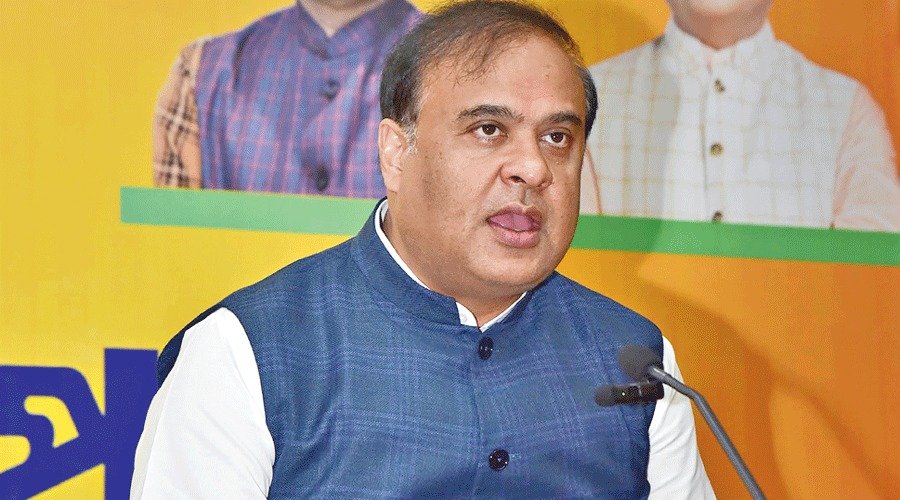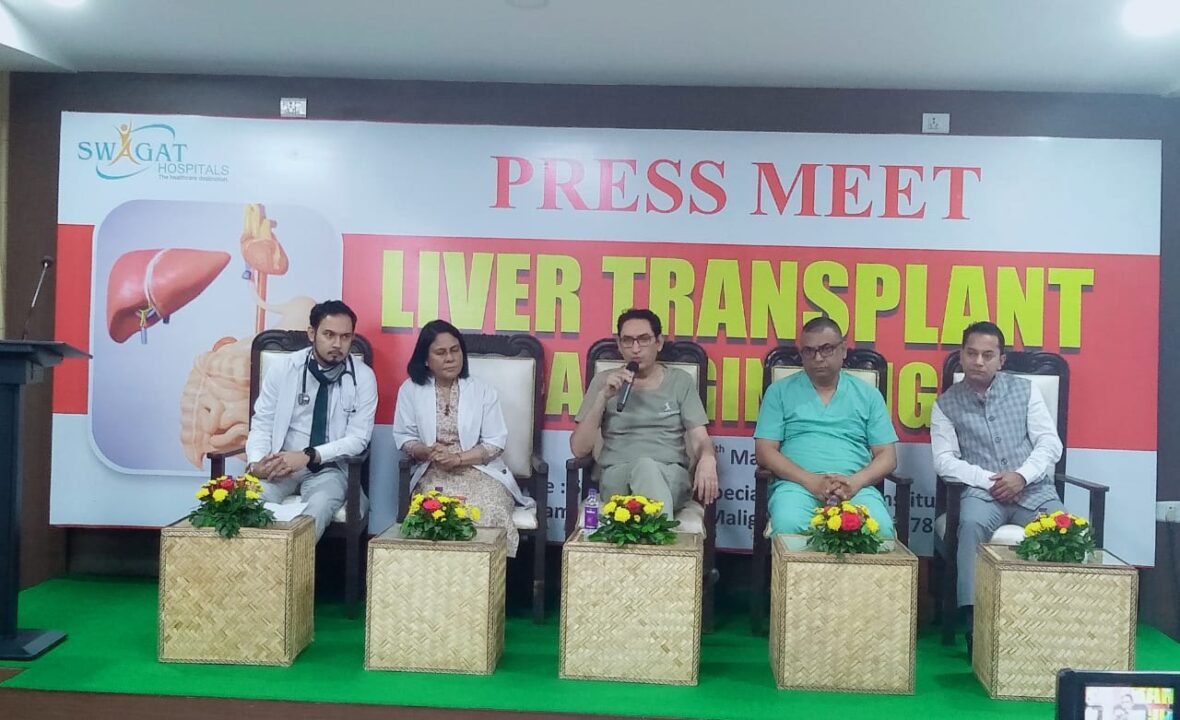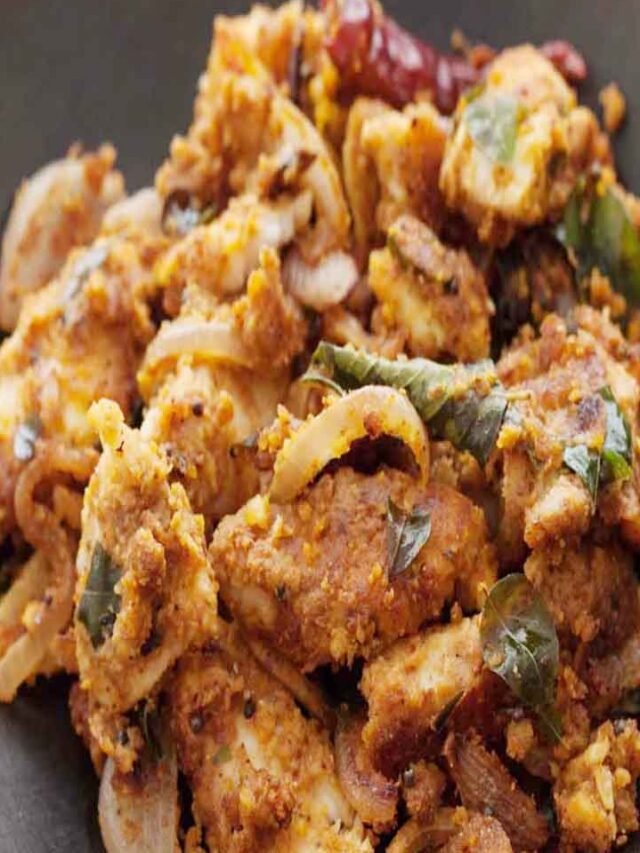GUWAHATI, June 22: The first-ever successful cadaveric kidney transplant in the Northeast has been carried out at a state-run hospital in Guwahati, Assam chief minister Himanta Biswa Sarma claimed on Saturday.
He said two kidneys from a brain-dead accident victim were transplanted to two persons recently at Gauhati Medical College and Hospital (GMCH), with both the receivers making good recovery.
Addressing a press conference, Sarma said, “Kidney transplants have been taking place at the GMCH for the last six years. But it was for the first time that a kidney transplant was successfully carried out from a brain-dead donor, with permission from the family.”
Such a procedure was attempted at the GMCH previously as well, but without success, Sarma, who has recently taken over the health portfolio, added.
He claimed that the successful procedure at the government-run hospital was the first such cadaveric kidney transplant in the entire northeastern region.
Cadaveric transplant involves removal of organs from a brain-dead donor with functional circulation, or from patients with sudden cardiac death.
The kidneys were retrieved from donor Parag Gogoi, a Guwahati resident who was an accident victim and admitted to the GMCH, with the consent of his family. One kidney each was transplanted to 38-year-old Amar Basfor of Guwahati, and 21-year-old Pallab Jyoti Das of Nagaon.
“We are extremely grateful to the family of Gogoi for showing such big-heartedness. Their act has ensured a healthy life for two persons,” he said.
Stressing the need for encouraging families to donate organs, the CM said, “We must recognise publicly whenever a family comes forward. This will create awareness on organ donation and encourage more people to come forward.”
He rued that in many instances when families are approached for organ donation, they demand “something in return” and lauded the move by Gogoi’s next of kin for their noble step.
He mentioned how in other states, especially in southern India, liver and kidneys are routinely donated in such instances, with hospitals having a list of intended receivers ready.
Sarma said that if organ donation is encouraged, illegal organ trafficking can be stopped.
Another recent success at the GMCH has been IVF-induced pregnancies, the CM said, adding that 36 embryos have been successfully transferred to wombs, eight pregnancies have been reported and one child born through caesarean section.
Another critical procedure of bone marrow transplant is being done at GMCH in recent times, with 28 cases already successfully dealt with and three more patients currently receiving treatment at the hospital, he added.
“The GMCH is becoming a super-speciality hospital in the true sense now. And once work at Mahendra Mohan Choudhury Hospital (MMCH) (also in Guwahati) is completed, the city will have even more facilities,” the CM said.
He said the government is working to make the state-run hospitals self-reliant financially by proper use of health insurance schemes such as Ayushman Bharat in these establishments.
“If the government hospitals provide treatment to the card holders, they will get reimbursement from the relevant authorities. This will save a lot of government money,” he added.
Sarma said the use of Ayushman Bharat and such government health insurance schemes in private hospitals will be controlled and made limited to hospitals providing super-speciality services.
“We have seen that many private hospitals with very limited facilities are surviving by claiming reimbursement from the government after providing very simple procedures to their patients. This needs to stop and we are working on it,” he added. (PTI)












